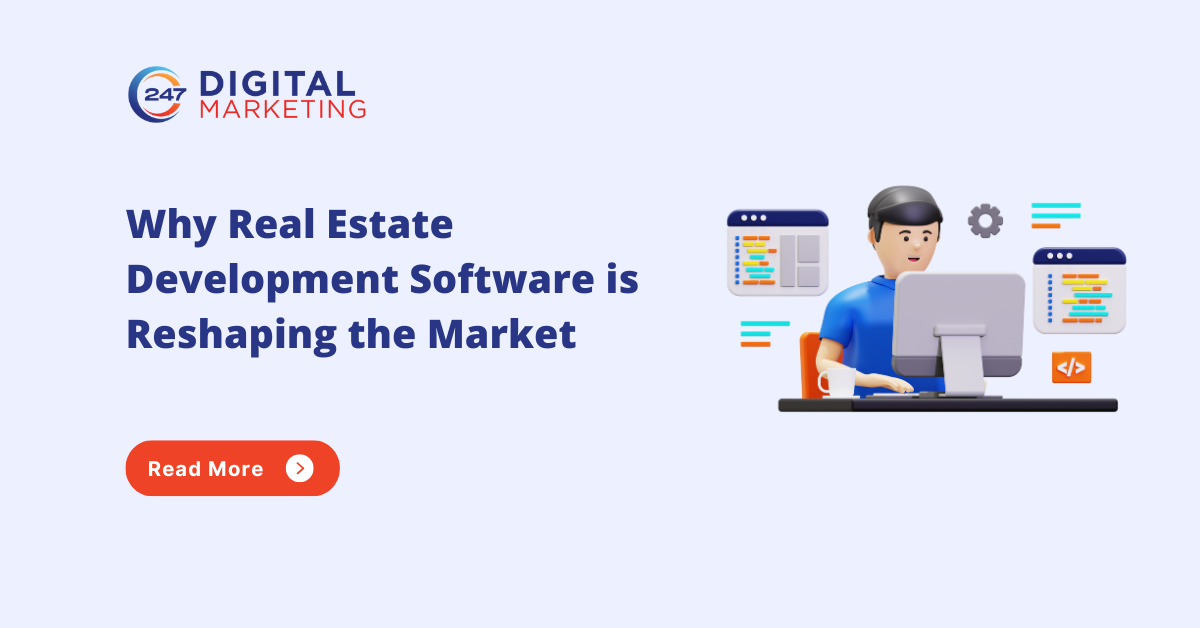
Managing real estate development projects is like conducting an orchestra; budgets, contractors, timelines, permits, and investors all need to stay in sync and on the same page. However, one missed beat can throw the entire performance off and the budget out the window. In a world where delays can cost millions and the trust of the investors can make or break your business, relying on spreadsheets or outdated managing systems just don’t make the cut anymore.
To keep pace with the demands of the modern market, developers are turning more and more to specialized platforms designed to centralize operations, streamline the collaboration process, and improve financial oversight.
The Complexities of Real Estate Development
Unlike most other industries, real estate development has many multifaceted layers of interconnected tasks, including:
- Budgeting & Forecasting – projects can often last years, with ever-shifting costs and funding requirements.
- Construction Oversight – Monitoring timelines, contractors, and building standards across multiple work sites.
- Regulatory Compliance – Navigating the bureaucracy of zoning laws, permits, and reporting obligations that change.
- Investor Relations – Providing detailed, accurate, and transparent updates to shareholders.
- Portfolio Growth – Scaling operations while keeping consistently efficient.
When these processes are juggled across disconnected systems, errors and delays become an inevitability.
How Modern Software is Transforming Developments
The best software solutions aren’t just those that track tasks automatically, they’re complete ecosystems that help developers manage projects along every step of the process, from acquisition to completion. These core advantages include:
- Centralized Data
All project details are accessible on one hub, eliminating the chances of duplicates and mitigating confusion or data loss.
- Real-Time Visibility
Dashboards and reporting give instant insight into budgets, timelines, and progression.
- Scalable Workflows
Cloud-based platforms grow in conjunction with your portfolio, avoiding expensive migration processes later.
- Integrated Accounting
Track loan draws, cash flow, and expenses without relying on separate systems with manual entry.
- Collaboration Tools
Keep contractors, managers, investors, and developers aligned with shared access to accurate and up-to-date information.
Choosing the Right System
Not all platforms offer the same services, and so developers should look for tools tailored specifically to their industries, with features that go beyond the generic project management softwares of the past. Priorities for developers should include:
- Ease of Use – simple interfaces that encourage adoption across teams and guarantee short training times.
- Customization – the ability to adapt workflows to unique project requirements.
- Mobile Access – connecting managers and contractors no matter where they are in the world.
- Proven Industry Expertise – solutions backed by experience in real estate development.
Exploring tailored Real Estate Development Software helps ensure that teams have the right tools in their arsenal to manage the complexities of property development and confidently deliver top-notch projects.
The Fork in the Road
Markets are becoming increasingly more competitive, investors are demanding faster updates, and regulatory red tape is tightening, meaning that firms that continue to rely on fragmented processes risk falling behind their competitors who have embraced this innovative integrated technology.
Adopting modern platforms isn’t just about efficiency, it’s about gaining a strategic advantage in a difficult market. Developers who prioritize centralizing their operations are going to be able to reduce delays, improve accuracy, and strengthen trust with investors. Migrating to an all-in-one management software is a pivotal change that needs to be adopted before you get left behind in the dust.
Closing the Deal on Smarter Development
Real estate development will always involve complexity and many moving parts, but the right software makes it manageable and streamlined. By unifying financials, operations, and communication under one easy-to-use platform, developers can facilitate projects, protect profits, and lay a secure foundation for exponential growth.
For firms that still rely on outdated systems, now is your chance to get ahead of the crowd and modernize. The earlier you embrace the transition, the stronger your competitive edge will be in tomorrow’s market.
Mitesh Patel is the co-founder of 247 Digital Marketing, LawFirm Marketing and a columnist. He helps companies like Emerson and other top Fortune 500 compnies to grow their revenue.



